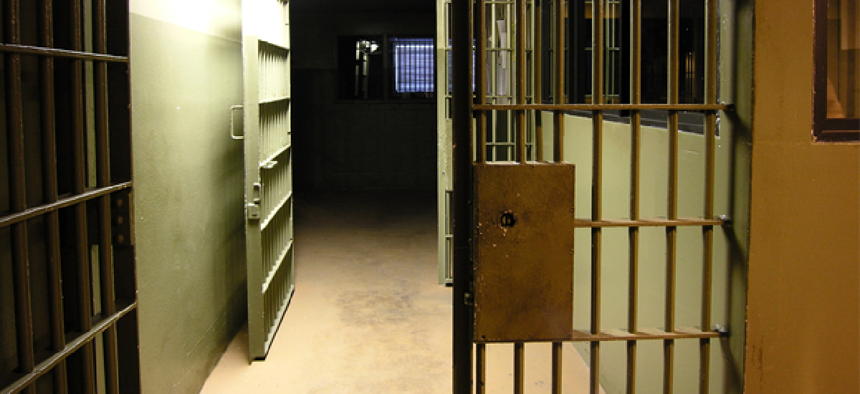White House data initiative takes on mass incarceration


Connecting state and local government leaders
The Data-Driven Justice Initiative brings together public, private and non-profit organizations committed to using criminal justice and health emergency data to reduce incarceration numbers and cost.
Local governments spend $22 billion a year on incarceration. The causes stem largely from the increased number of people being held in jail before trial, which accounts for 63 percent of the local jail population. Additionally, a high percentage of low-level offenders in local jails have mental illnesses, substance abuse disorders or chronic health problems that have them cycling through jails, hospitals and shelters – all of which costs the government and taxpayers even more.
To address this problem, the White House’s new Data-Driven Justice (DDJ) Initiative brings together 67 city, county and state governments that have pledged to use data from criminal justice and health systems to reduce the number of people who repeatedly rotate through the healthcare and criminal justice systems. It plans to identify those most frequently in contact with police, emergency departments and other social services and find ways to connect them to better care.
Along with federal agency support for strengthened programs and services, communities will develop procedures for law enforcement officers and first responders to help divert mental health crises and build tools to perform risk assessments that can identify low-risk defendants held in jail and inform pretrial release decisions.
A number of private-sector, philanthropic and nonprofit organizations have also joined the effort to develop data-driven criminal justice solutions to help DDJ communities exchange data between the criminal justice system and healthcare practitioners:
Amazon Web Services will provide the cloud infrastructure to facilitate individual-level data exchange and a data repository for anonymized health and criminal justice data, the White House said. AWS will also organize a Technology and Research Consortium to work with the communities and find the best technological solutions.
Appriss is developing a tool that will identify individuals categorized as frequent users of multiple criminal justice and healthcare systems.
Esri is donating 100 ArcGIS enterprise licenses to DDJ communities to help them find the programs with the most economical and highest standard of care.
Code for America and the Seattle Police Department are developing an open source mobile application so officers can better respond to mental health crises.
The White House announcement included a long list of collaborators releasing criminal justice, economic impact and incarceration data, analytics and open-source tools to DDJ jurisdictions. Other organizations -- including university programs, labs, communities of researchers and state-led partnerships -- will also offer services such as using data to identify trends and test interventions, developing programs for reentry prevention and facilitating community-based services.




